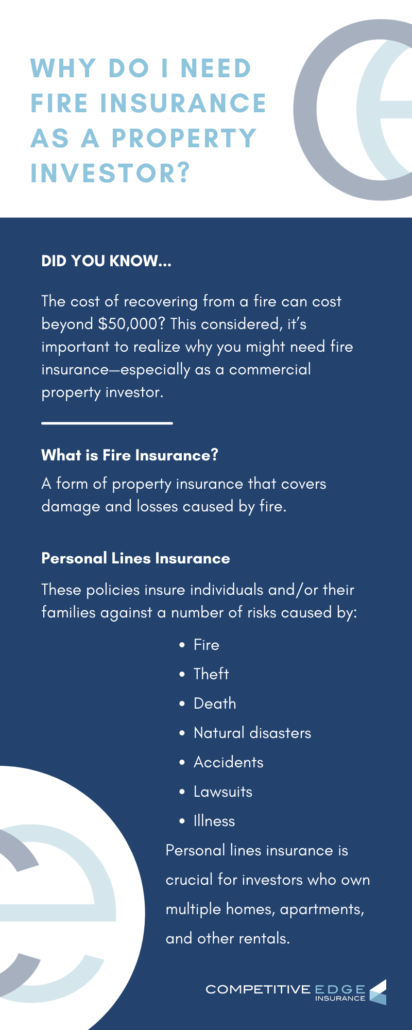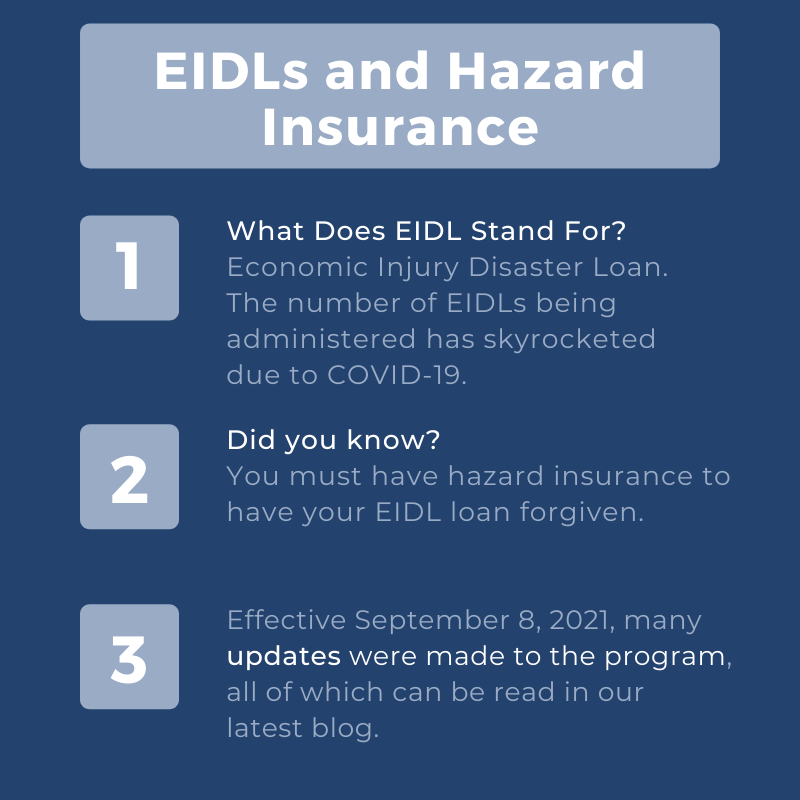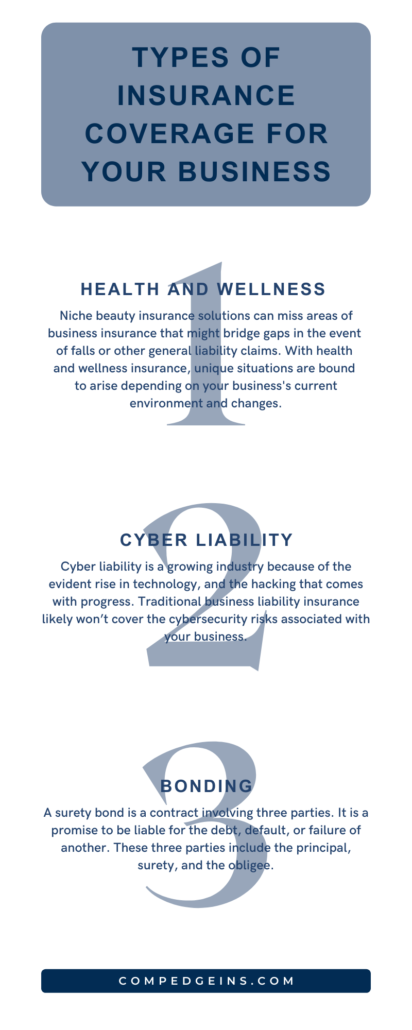Parametric Risk Insurance: What You Need to Know
What if you could have insurance that paid out when a specific event occurred, regardless of the cost of the damages? This is what parametric risk insurance is all about.
In this blog post, we will discuss what parametric risk insurance is, how it works, and who can benefit from it.
What is Parametric Risk Insurance?
Parametric risk insurance is a type of insurance that pays out a predetermined amount of money when a specific event occurs. The benefit of parametric risk insurance is that it does not require an assessment of the damages caused by the event in order to make a payout. This can be helpful in situations where traditional insurance would not cover the entire cost of the damages.
Why Do You Need It?
Parametric risk insurance can be used to cover a variety of risks, including natural disasters, business interruptions, and even political risks. In many cases, parametric risk insurance can provide coverage that would not be available through traditional insurance policies.
One of the key benefits of parametric risk insurance is that it can help businesses to manage their exposure to risk. By having a parametric risk insurance policy in place, businesses can be sure that they will have some financial protection in the event of a major loss. This type of insurance can also help businesses to avoid the hassle and expense of making a claim on their traditional insurance policy.
What is Catastrophic Risk Insurance?
Catastrophic risk insurance is similar to parametric risk insurance in that it pays out a set amount of money when a specific event occurs. However, catastrophic risk insurance is designed to cover much more severe events than parametric risk insurance. Catastrophic risk insurance is typically used to protect against natural disasters, such as earthquakes or hurricanes. It also protects against riots or terrorist attacks.
An example of a business that has used parametric catastrophe risk insurance is an airline. In the event of a plane crash, the airline would receive a payout that would cover their losses without having to go through the process of filing a claim.
What is Parametric Home Insurance?
Parametric risk insurance has many benefits over the standard homeowners insurance. One of the main advantages is that parametric risk insurance can cover a broad range of events that are not typically included in homeowners insurance policies, such as flooding.
Another advantage of parametric risk insurance for homeowners, is the speed of a claims payment. With a standard home insurance policy, you need to have your home inspected, get cost estimates from contractors, and in some cases wait for work to be completed before receiving full reimbursement. However, parametric policies pay out as soon as the insurer can verify that the event occurred.
Another benefit is that parametric risk insurance claims can be paid out much more quickly than traditional insurance policies. This is especially useful in widespread disasters, where the claims process can be delayed for months. In addition, parametric risk insurance policies do not have deductibles or exclusions, so the process of making a claim is much simpler.
Why is Parametric Insurance Important?
Parametric risk insurance is important because it pays out a benefit when certain conditions are met, without the need for a detailed claim process. This can be incredibly useful in situations where traditional insurance would be impractical or too expensive.
Some parametric policies can provide cover for things like natural disasters, business interruption, and even death. This means that they can offer protection against a wide range of risks.
Parametric insurance can be used to supplement traditional insurance, or as a standalone policy. Parametric insurance can help to protect against unexpected events and give peace of mind in knowing that you have some financial protection in place.
Examples of businesses that have used parametric risk insurance include manufacturers, government agencies, and airlines. In each of these cases, the policyholder was able to receive a payout that covered their losses without having to go through the process of filing a claim.
What is One of the Main Advantages of Parametric Insurance?
One of the main advantages of parametric insurance is that it can help to transfer risk from one party to another. This can be particularly helpful if the party who is taking on the risk is better able to manage it. Additionally, parametric insurance can help to reduce the overall cost of risk. This is because parametric insurance typically pays out a fixed amount of money, regardless of the actual loss that is incurred. As a result, parametric insurance can help to stabilize costs and protect against large losses.
Parametric risk insurance can be particularly helpful for businesses that are exposed to catastrophic events. For example, it can be used to protect against losses that occur as a result of a natural disaster. Parametric insurance can also be used to protect against other types of risks, such as the failure of a key supplier.
How Big is the Parametric Insurance Market?
The parametric insurance market is growing rapidly. As reported by Business Wire, “the parametric insurance market was valued at $11.7 billion in 2021, and is estimated to reach $29.3 billion by 2031, growing at a CAGR of 9.9% from 2022 to 2031.”
Why is Parametric Insurance Growing?
There are a few reasons why parametric insurance is growing. One reason is that traditional insurance can be difficult and time-consuming to file a claim with. Another reason parametric insurance is growing is because it can be used to cover a variety of risks. This type of insurance provides businesses with a way to manage their exposure to these risks.
A Final Word
Utilizing parametric risk insurance can be an effective way for your business to address and cope with risks, but it is important to understand how it works before purchasing a policy. If you are interested in learning more about parametric risk insurance, contact one of our advisors today. They will be able to help you determine if this type of insurance is right for your business.




